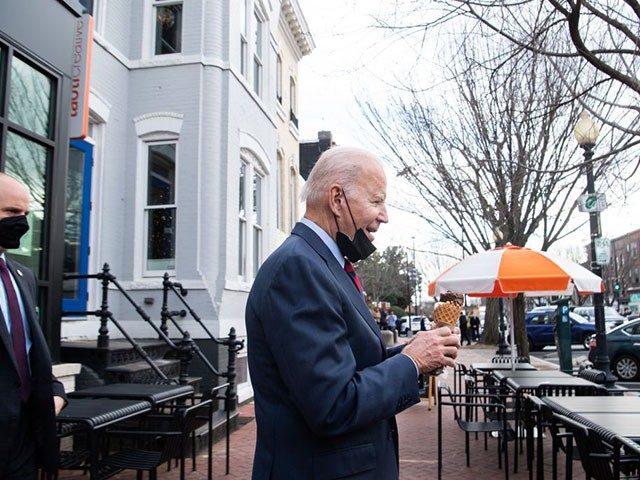Manufacturers in the central region of the United States expect the prices of their products to expand at a faster rate over the next six months, a survey from the Federal Reserve Bank of Kansas City showed Thursday.
The Tenth District manufacturing survey’s index of expected price increases six months from now jumped to a seasonally adjusted 67 percent from December’s read of 53 percent. That is the highest level in records that go back to 2001.
The percentages are derived from a survey that found that 74 percent of manufacturers expect to raise their prices, 20 percent expect prices to hold steady, and six percent expect to lower prices.
Expectations for inflation of the prices of raw materials also climbed in January, rising to 73 percent from 65 percent in December. Seventy-nine percent said they expect prices to rise.
Eighty-eight percent of manufacturers reported higher prices compared with a year ago and 51 percent said they had raised prices since December, pushing the index up to 49 percent from the prior month’s reading of 46 percent. Seventy-two percent reported paying more for materials, resulting in a slight decline in the index from 67 percent. Four percent of manufacturers said they had lowered their prices and six percent said prices of materials had fallen.
“Purchasing, costs, supply chain are still massive issues… have basically started raising prices on select items to almost extreme levels to intentionally limit or eliminate demand,” one manufacturer told the Kansas City Fed.
The survey covers manufacturing activity in Kansas, Colorado, Nebraska, Oklahoma, Wyoming, the northern half of New Mexico, and the western third of Missouri.
The pace of the expansion of manufacturing activity increased in January, pushing the composite index increased to 24 in January from a revised 22 in December.
“Factory growth was driven more by activity at durable goods plants in January, especially primary metals, machinery, electrical, furniture, and transportation equipment manufacturing,” said Kansas City Fed economist Chad Wilkerson.
But it was not all good news. While the production gauge showed output expanding at a faster pace, demand slowed. The index tracking the volume of shipments dropped to five from 13 and new orders dropped to 14 from 22.
The employment index increased to 24 from 18, but more than half of firms indicated that ten percent or more of their employees were out at some point during the month because of Covid-19.
“Covid-19 isolations and quarantines lead to construction delays for labor shortages, and increased supplier lead times for the same reason,” one manufacturer explained.
Supplier delivery times eased for the second consecutive month, a signal that supply chain bottlenecks may be clearing up.
The prices of products manufactured in the U.S. central Atlantic region rose in January at the fastest annual pace recorded in data that stretches back twenty-five years, according to a survey from the Federal Reserve Bank of Richmond released Tuesday. Manufacturers say they expect to raise their prices 5.97 percent over the next six months, an increased pace of inflation from December’s Richmond survey.

COMMENTS
Please let us know if you're having issues with commenting.